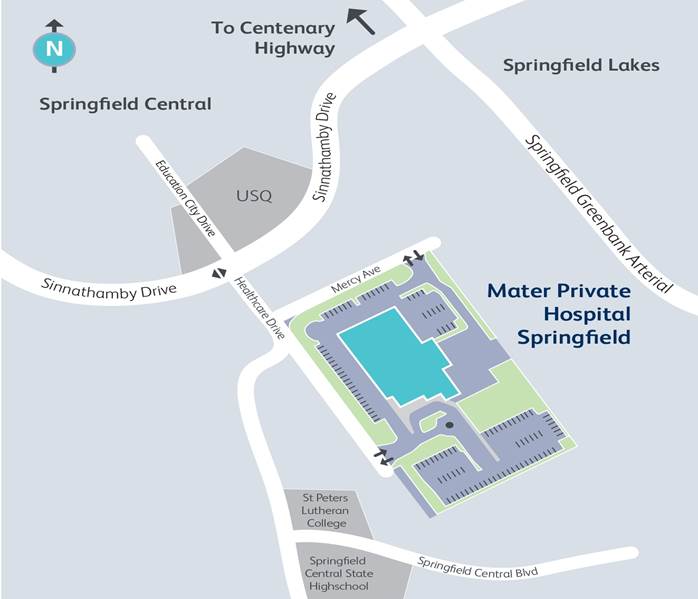Bone Marrow Aspirate and Biopsy
What is a bone marrow aspirate and biopsy?
A bone marrow aspirate and biopsy is a procedure in which the blood-forming bone marrow is obtained for examination in the laboratory. The procedure consists of inserting a special needle into a bone (usually the pelvic bone) and obtaining two samples: the liquid marrow (aspirate) and a small core of the bone marrow (biopsy). The procedure takes approximately 30 minutes to perform.
Is sedation required for this procedure?
To minimise discomfort, light intravenous sedation is usually given during a bone marrow biopsy. Due to this, you will need to remain in hospital for at least two hours after the procedure.
Please also note the following essential points:
- You should have nothing to eat (including chewing gum or any type of lolly) from midnight the night before the procedure.
- You can continue drinking plain water (up to 200 ml per hour) until 6.30 am, then stop.
- Except for medications that you have been asked to stop, you should take your normal morning medications with a small amount of water, before 6.30 am.
- As sedation is usually given, you must arrange for a responsible person to care for you for 12 hours following your procedure.
- You will be discharged into the care of your ‘responsible person’ and for your safety it is important to observe the following guidelines:
- For 12 hours following your procedure:
- do not drive a vehicle or operate machinery
- do not drink alcohol
- do not sign any legal documents
- do not make any important decisions.
- Follow all post-procedural instructions given to you.
- If you are not going home in a private car, your responsible person can accompany you home in a taxi; however, the use of public transport is not recommended.
Prior to your procedure
- You should expect to be contacted approximately 48 to 72 hours before your planned admission by one of our hospital administration team who will confirm your personal details.
- Bring your responsible person’s contact details to hospital with you.
- You can choose to wear your own clothing or a hospital gown. Your personal belongings can be placed in a bag and kept with you in the procedure room.
After your procedure
- After the procedure you may remain drowsy for several hours. You will have a dressing over the biopsy site(s). This dressing should be left in place for 24 hours. The dressing is water resistant so you can shower with it in place.
- The biopsy site may be bruised and painful after the procedure. A simple analgesic such as paracetamol should provide adequate pain relief.
- If you notice undue bleeding from the site, please seek prompt medical attention.
- Your doctor will arrange an appointment to discuss the results of the procedure with you.
What are the risks of bone marrow biopsy?
Complications are uncommon. Minor complications include bleeding from the biopsy site, which should stop by applying pressure to the site, and wound infection. Serious complications are very rare and include severe bleeding, which may require a blood transfusion. If you experience any of the following, please seek urgent medical attention:
- Severe pain
- On-going bleeding
- Shortness of breath and/or dizziness
- Signs of infection at the biopsy site, including fevers.
Contacts
Following your procedure if you have any new or ongoing concerns please present to your GP or the closest emergency department—please note that Mater Private Hospital Springfield does NOT have an emergency department.
Mater Cancer Care Centre Springfield
Mater Private Hospital Springfield
30 Health Care Drive, Springfield Central, Qld 4300
Telephone: 07 3098 5415
After Hours Nurse Manager
Mater Private Hospital Springfield
30 Health Care Drive, Springfield Central, Qld 4300
Telephone: 07 3098 3925

Acknowledgments
Staff at Mater Hospital Brisbane, Raymond Terrace, South Brisbane, Qld 4101
© 2016 Mater Misericordiae Health Services Brisbane Limited. ACN 096 708 922.
Mater acknowledges consumer consultation in the development of this patient information.
Mater Doc Num: PI-CLN-420005
Last modified 18/12/2018.
Consumers were consulted in the development of this patient information.
Last consumer engagement date: 30/6/2016
For further translated health information, you can visit healthtranslations.vic.gov.au/ supported by the Victorian Department of Health and Human Services that offers a range of patient information in multiple languages.